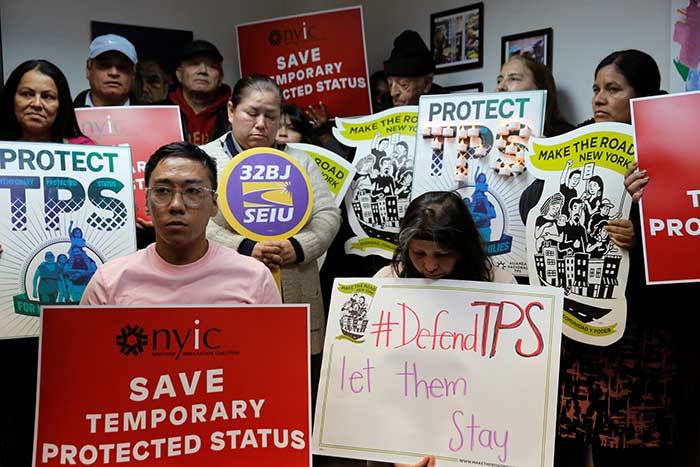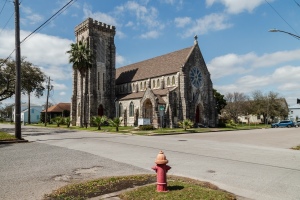Supreme Court rules immigrant with temporary protection who entered illegally ineligible for green card

The U.S. Supreme Court ruled Monday that the U.S. government can prevent immigrants from countries in crisis who illegally entered the country and later received protection from deportation from becoming lawful permanent residents.
In a unanimous decision, the nation's high court ruled that a man from El Salvador who illegally entered the country and later received Temporary Protected Status can be denied the right to become a lawful permanent resident.
Justice Elena Kagan authored the court's opinion, concluding that while the “TPS program gives foreign nationals nonimmigrant status,” it nevertheless “does not admit them.”
The high court ruled in Sanchez v. Mayorkas that an immigrant with a TPS designation can still have an application for lawful permanent residence rejected.
The question before the court was whether Jose Santos Sanchez, a citizen of El Salvador who entered the United States illegally in 1997 but was granted TPS in 2001, could become a lawful permanent resident. Jose Sanchez and his wife, Sonia Gonzalez, have four kids, the youngest of which was born in the U.S.
The couple received Temporary Protected Status following a series of earthquakes in El Salvador in 2001.
TPS designation has been given to over 400,000 immigrants from certain countries where conditions prevent immigrants in the U.S. from returning safely. The designation is also given to countries that cannot handle the return of nationals adequately. Countries may be designated for TPS status based on ongoing armed conflict, environmental disasters, epidemics or other extraordinary conditions.
Currently, TPS status can be awarded to immigrants from Haiti, El Salvador, Syria, Nepal, Honduras, Yemen, Somalia, Sudan, Nicaragua, Myanmar, South Sudan and Venezuela.
Kagan distinguished between “lawful status” and “admission,” arguing that they “are distinct concepts in immigration law: Establishing one does not necessarily establish the other.”
“On the one hand, a foreign national can be admitted but not in lawful status — think of someone who legally entered the United States on a student visa, but stayed in the country long past graduation,” wrote Kagan.
“On the other hand, a foreign national can be in lawful status but not admitted—think of someone who entered the country unlawfully, but then received asylum.”
While the TPS program allows Sanchez “to remain in the country; and it deems him in nonimmigrant status for purposes of applying to become an LPR. But the statute does not constructively ‘admit’ a TPS recipient.”
In 2014, Sanchez applied under immigration laws to obtain legal permanent resident status. However, the U.S. Citizenship and Immigration Services rejected his application and ruled that he was ineligible due to his illegal entry into the country.
The couple challenged the decision. The U.S. District Court for the District of New Jersey ruled in the couple's favor in 2018.
A three-judge panel for the U.S. Court of Appeals for the Third Circuit ruled unanimously that “a grant of TPS does not constitute an admission.”
“Congress created an exception to the admission requirement for some aliens but did not do so for TPS recipients,” wrote Third Circuit Judge Thomas Hardiman for the panel.
In March, the U.S. House of Representatives passed a bill that provides a pathway to citizenship for immigrants with TPS status who meet specific specifications.





























